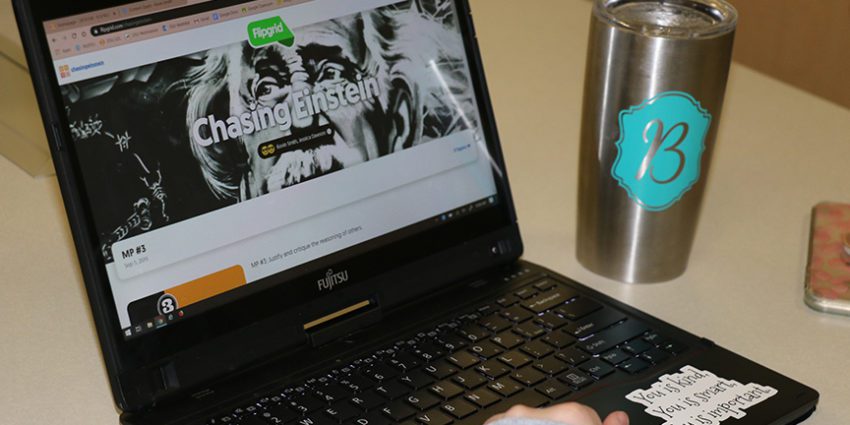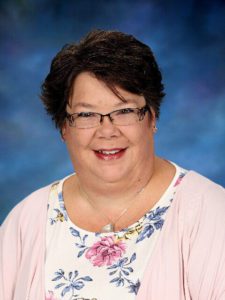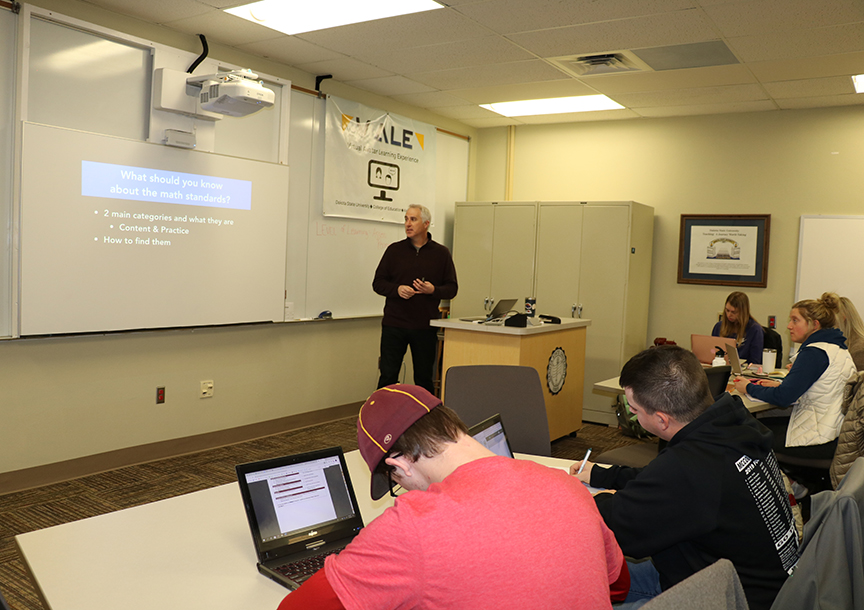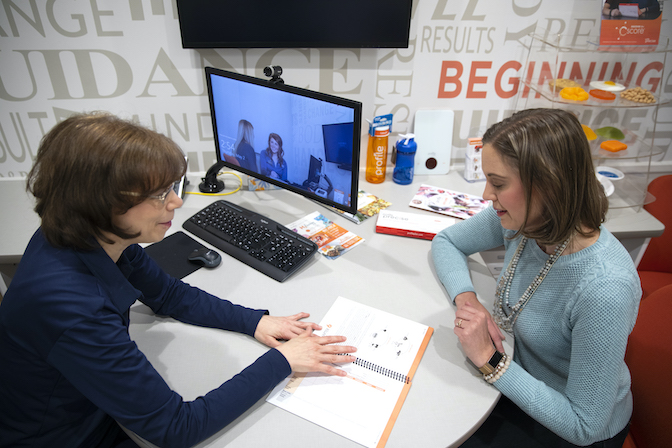Online education degrees allow students to stay in classroom
Aug. 26, 2020
This paid piece is sponsored by Dakota State University.
For more than a decade, Shelley Hoisington worked in a classroom as a paraeducator while Dakota State’s online elementary education/special education program enabled her to stay there while earning her degree.
An online program wasn’t just a want but a need for Hoisington, a resident of rural northeastern South Dakota, just 5 miles from the North Dakota border.
“I was able to continue to work full time and devote my summers to a big course load,” Hoisington said. “I live far from any campus, so being able to be completely online, even with my practicums and student teaching, made it so convenient and did not prevent me from working.”
With the help of Dr. Crystal Pauli, dean of education, Hoisington was granted permission to take a heavy class load to finish her degree in time for a position that was going to be opening up at the school where she worked.
Hoisington also appreciated the effort of instructors who went above and beyond to create meaningful learning experiences using the same technology and techniques they would in the classroom. These experiences gave her the confidence to incorporate technology into her classroom and ultimately switch to teaching using an online platform during the COVID-19 pandemic.
“DSU College of Education online gave me a personalized program that allowed me to reach my goals with as little hardship as possible,” she explained. “I would choose to do the same if I had it to do all over again.”
Hoisington graduated in May 2019 and now teaches junior high and high school special education at Sargent Central in Forman, N.D.
Elementary education/special education online program
The online elementary education/special education program has been available to students for about 10 years.
“The online ELED/SPED program was developed to allow individuals who wanted to be a teacher but didn’t live within easy driving distance of a campus to fulfill their dreams,” Pauli explained.
Initially, the program allowed paraprofessionals, or education assistants, in rural school districts and parents staying home with young children to earn a degree in education. It has since grown to include students from a variety of backgrounds.
The online program is the same as the on-campus program, the only difference being that the online students complete early field experiences and the yearlong student teaching where they live.
The student-teaching residency allows pre-service teachers to see an entire school year, from teacher in-services to the final days of the school year.
“They experience the organization of the classroom and review of their students’ previous academic data, while helping with the planning and preparation of daily lessons that span the scope and sequence of the entire year,” Pauli explained. “For me, one of the most powerful parts of the yearlong residency is the relationships student-teachers build with their students and their mentor.”
In addition to the yearlong student-teaching residency, all DSU education majors graduate with a K-12 educational technology endorsement.
The endorsement gives graduates a solid understanding of tech tools that not only will deepen the learning of students but also enhance their teaching. These skills helped student-teachers adjust to remote learning during the pandemic and assist their classrooms and schools with online learning.
“Educators who can seamlessly integrate technology into their classrooms enhance learning and give their students the tools to practice skills, gain knowledge and work collaboratively within small groups to achieve a goal or complete a project,” Pauli said.
Beyond technology, the ELED/SPED major includes special education coursework that helps prepare education students to work with children of all abilities and learning styles.
“The experience gained through studying learning disabilities and behavior management will help all teachers help all learners,” Pauli said.
With the success of the online ELED/SPED program, the College of Education expanded the program to offer a K-8 elementary education program online in recent years.
For information, visit the College of Education.












